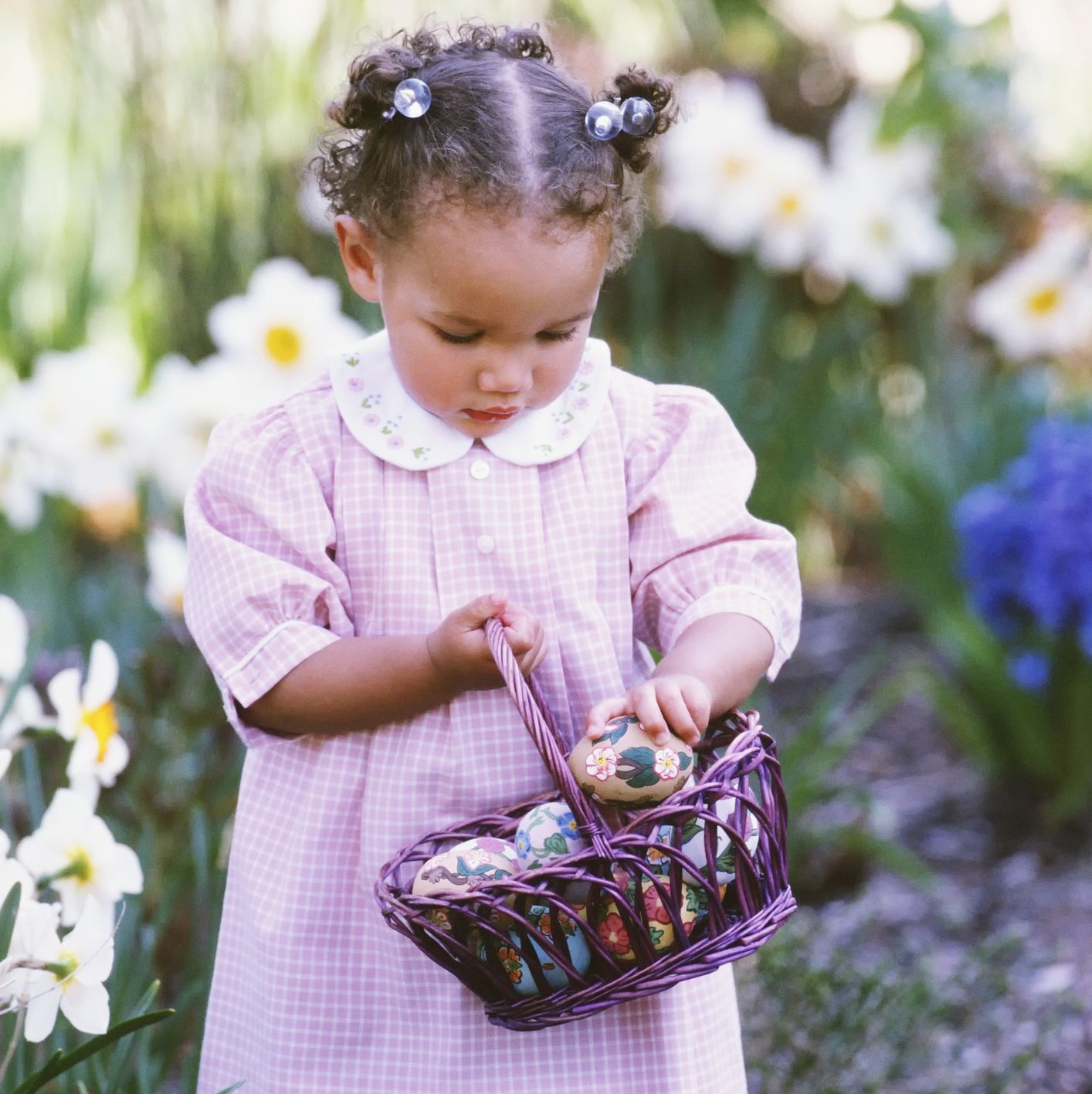Dr. Joe’s Message: Happy Easter!
Happy Easter from all of us at the Jurgielewicz family farm! We wish you health, happiness, and safety throughout this spring season! Here are “5 Fun Easter Facts” you may not know!
1 Easter Eggs Had a Medieval Twist

Think Easter egg hunts are odd? Listen to this medieval game children’s game: the priest would give one of the choir boys a hard boiled egg, and the boys would pass it amongst themselves until the clock struck midnight, when whoever was holding it then got to eat it. Sounds…fun?
Old superstition held that if you wore new clothes on Easter, you would have good luck for the rest of the year. In fact, it was so widely believed that upper-class New Yorkers would quite literally strut their stuff coming out of mass in beautiful and well-to-do Fifth Avenue churches. This tradition become the basis of the modern, and decidedly less elitist, Easter Parade and Easter Bonnet Festival in New York.
3 Easter Eggs Date Back Way Before Easter

There’s evidence showing that Easter eggs originated from Medieval Europe and Christians may not have actually been the ones to start the tradition of giving eggs — a symbol of new life, fertility, and rebirth in many cultures.
4 The Holiday Was Named After the Anglo-Saxon Goddess Eostre

Scholars believe that Easter was named after a festival celebrating Eostre and the coming of spring. Her sacred symbols are thought to have been the hare and the egg.
5 Eggs Are Dyed to Represent the Blood of Jesus Christ

Well, at least that might be one of the reasons, which stems from early Christians in Mesopotamia. There isn’t a concrete reason behind the tradition, but there are several theories.
(Credit)







